Sex and Sensuality
Young people are often racing to the sexual “finish line,” but does their relationship to sensuality get lost along the way?
In researching teens and sex, including the fundamental components of our current sex education, it’s interesting to note how little is said about the role sensuality plays in teenage sexual discovery. Much more emphasis is given to the unwanted potentials, such as STIs and pregnancy. The messages teens receive from popular culture aren’t much better, since the sex act is often glorified as the penultimate goal of a romantic partnership.
Yet, there is a world of experience that exists beyond coitus, and teens are developmentally positioned to experience it more than any other age bracket. For teens, sexual discovery usually begins with innocent forms of expression, like holding hands, or a first kiss. Many would say that these subtle forms have more potential for intimacy and connection than the act of sex itself. Yet the “finish line” of sex gets most of the attention, from adults and teens alike.
Are adults so concerned about the race to the finish line that they’re more focused on what teens should avoid rather than what teens can discover?
According to the Library of Medicine, “The control of adolescent sexuality seems to be the point of much of the debate over the content of American sex education which is often skewed toward abstinence, pregnancy, and STI, with little or no mention of sexual pleasure.”
With limited access to quality sex education, teens are looking to the internet to find their answers. Unfortunately, this often means exposure to the kinds of images and enactments that have little to do with adolescent romantic discovery. Instead, girls are learning that sexual aggression, such as cyber-stalking, is “normal,” and boys are learning that sexual conquest is equivalent to manhood.
But with open conversations with adults, teens can learn how to slow the race down long enough to enjoy the path to arrival as well as discover some things about themselves along the way.
Having talks with teens where sensuality is normalized as a human experience that even babies possess, makes it more likely that they will observe the role sensuality plays in their relationships.
Young people, like all people, need healthy touch as a way of connecting with others. When the emphasis is on sex, there is less ability to discover what healthy touch means. Mark Greene, Editor of the Good Men Project, states that, “We are not typically taught that we can touch and be touched as a platonic expression of joyful human contact. Accordingly, the very inappropriate over-sexualized touch our society fears runs rampant.”
Each person has a unique relationship to sense and sensuality. Teenagers are poised to discover for the first time what theirs is. Adults can support that effort by enlisting the non-conforming thoughts that help teens separate from hook-up culture to take note of what their relationship to sensuality and platonic touch looks like.
And when adults talk to teens about their own lived experience, it opens the door not only for connection, but for teens to explore themselves through a similar lens. Though it may be awkward at first, sharing first-hand experience with young people offers a valuable contribution to their self-discovery.
Here are some examples of statements that adults can make to teens to get them thinking about the role sensuality plays in their life.
“People my age often say that the most memorable parts of sexual discovery were the subtle moments, like holding hands for the first time, or experiencing a first kiss. Sex is natural and great, but the build-up to sex is great too.”
“I wish someone had asked me when I was young what it felt like- or what I liked, instead of always focusing on “how far did I go” or how far do I want to go? I wish someone had said ‘What does it feel like to be where you’re at, experiencing what you’re experiencing now?’ instead of always focusing on rounding the bases to a homerun.”
“It’s natural for teens to be interested in sex, but they deserve to know what feels good outside of sex as well. Healthy touch can be platonic, so knowing what types of non-sexual touch feel good to you builds stronger connections with others.”
At Be Strong, Be Wise, we value each teen’s ability to determine sexual readiness for themselves. We see it as our role to ask the kinds of questions that support decision-making aligned with that readiness.
If you’re looking for help with how to have similar talks with teens, check out our program for adults here.

